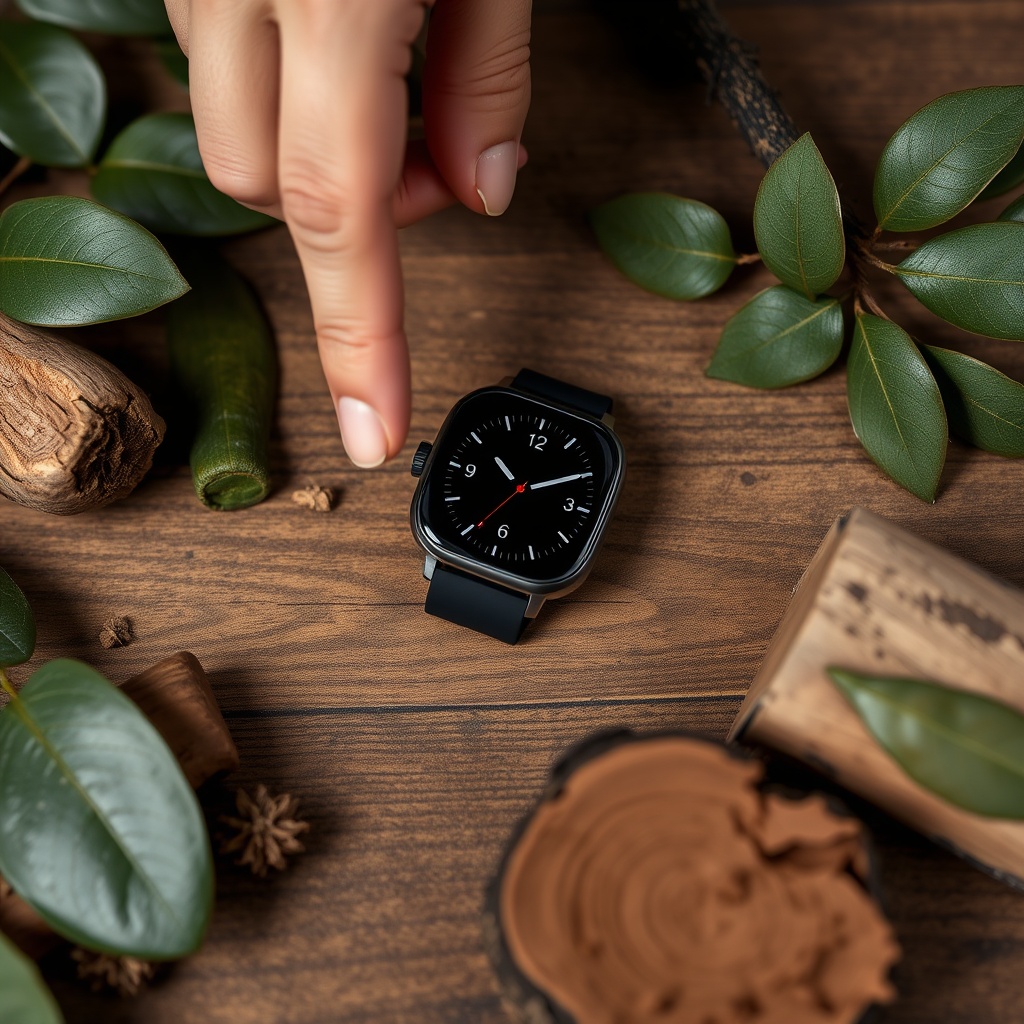Introduction
From step counts and heart rate to sleep cycles and stress alerts—today’s smartwatches promise a more informed, optimized and connected version of ourselves. Millions of people now wear them daily, using their wrists not just to tell time, but to monitor health, productivity and notifications.
But do you really need a smartwatch? Is it a useful tool for modern living, or just another screen vying for attention? The answer, as always, depends on how you use it—and why.
The Case for Smartwatches
Smartwatches can offer real value in several areas:
1. Health Tracking
Smartwatches can monitor:
- Daily activity (steps, movement, calories)
- Heart rate and variability
- Sleep patterns
- Blood oxygen levels
- ECG or arrhythmia detection (in advanced models)
This makes them particularly useful for people with specific health goals, chronic conditions, or those motivated by data.
2. Fitness Motivation
For some, the gamification of fitness (daily goals, badges, reminders) provides just enough push to stay active. Features like built-in GPS and workout tracking are helpful for runners, cyclists and hikers.
3. Convenience
Quick-access features like:
- Silent alarms and timers
- Notifications and calls on the go
- Contactless payment
- Calendar and reminderscan simplify routines—especially if you’re often in meetings, on the move or need hands-free access.
4. Safety and Emergency Features
Fall detection, emergency SOS, or heart-rate alerts can be lifesaving for certain users, especially seniors or people with heart conditions.
The Downsides (or: Why You Might Not Need One)
For all their features, smartwatches aren’t for everyone. Here’s why:
1. Distraction Overload
Ironically, the constant buzz of notifications on your wrist can increase digital fatigue. For those trying to reduce screen time, a smartwatch may feel like wearing a small attention trap.
2. Data Obsession
While some enjoy health tracking, others may become anxious or fixated on numbers—especially regarding sleep, heart rate or movement. More data doesn’t always mean better insight.
3. Battery Life
Most full-featured smartwatches need daily or near-daily charging, unlike traditional watches that run for months or years.
4. Cost
Smartwatches range from $100 to $800 or more. Depending on your needs, a basic fitness band—or no device at all—might serve just as well.
Questions to Ask Yourself Before Buying One
- What do I want from it—convenience, health insights, motivation?
- Am I already overwhelmed by notifications?
- Would this simplify or complicate my day?
- Will I use the features regularly, or just for the first week?
- Do I need advanced metrics, or would a simple pedometer work?
Alternatives to Consider
If you’re unsure about committing to a smartwatch, consider:
- A basic fitness tracker (like Fitbit Inspire or Xiaomi Band)
- Your smartphone’s built-in health app
- Analog routines (journaling, to-do lists, analog watches) that offer structure without screens
Ultimately, technology should serve you, not the other way around.
Conclusion
Smartwatches can be powerful allies for health and productivity—but they’re not essential for everyone. Like any tool, their value depends on how thoughtfully they’re used.
If a smartwatch helps you move more, sleep better or stay organized, it may be a worthwhile investment. If it adds stress, distraction or pressure, it’s okay to let it go.
Sometimes, less tracking means more living.
This article was generated by AI.
